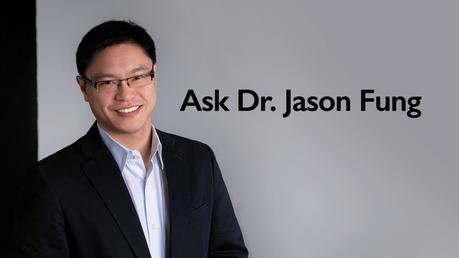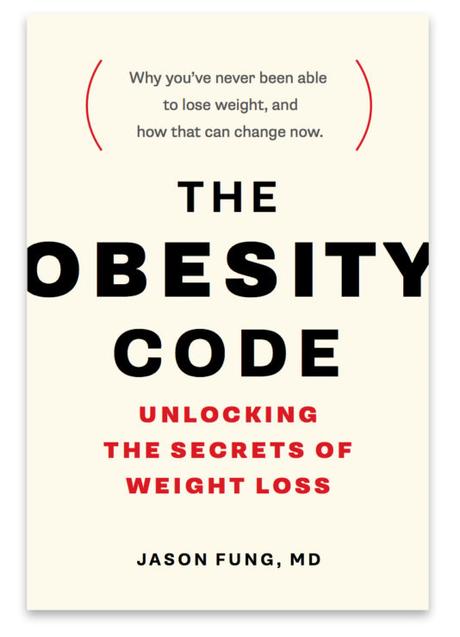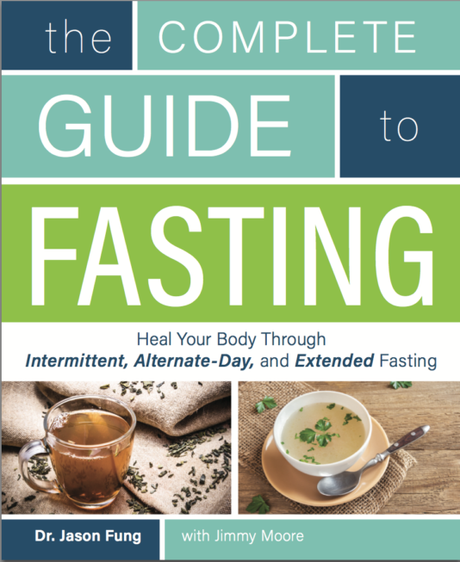
There are tons of questions about intermittent fasting, like these:
- What should you weigh given your height?
- What fasting regimen causes the least weight regain?
- Is it possible to burn fat and sugar at the same time?
Dr. Jason Fung is one of the world's leading experts on fasting for weight loss or diabetes reversal. Here are a his answers to those questions and more:
What should BMI and weight be for a 5′ 6″ (168 cm), 69-year old female with medium frame?
I weighed 103 lbs (47 kg) when I married at 17 years of age, super skinny. 52 years later, I weighed 202 lbs (92 kg), same height. Lost 41 lbs (19 kg) on LCHF and IF, for 6 months, but have only lost 10 inches (25 cm) in waist, down to 37 inches (94 cm).My arms, legs, and other parts of my body have thinned quite a bit. I've looked at some charts to see what my weight should be, and 112 lbs (51 kg) seems a bit too skinny for someone my age and height.
I looked and felt my best when I weighed 130-140 lbs (59-64 kg) so I'm hoping 112 lbs (51 kg) is NOT a goal I should be looking for. I'm still struggling to get my BG readings down, especially after eating cranberry sauce and cornbread dressing over Thanksgiving Day. Will not do that again. Getting quarterly check up next week and will share what I expect to be good results.
Thanks for all your info,
Diana
Waist circumference is more important than BMI. Ideal to keep waist to height ratio under 0.5.
Dr. Jason Fung
Weight regain after fasting?
Between a shorter fast (4 days) and longer (14-30+ days) fast which one has less regain weight afterwards? How can you avoid gaining the weight back?Beth
Both have weight regain - most of it water weight, which is unavoidable for the most part. Fasting is not thing to be done a single time and then everything is fixed. It is really a part of everyday life - balance feeding and fasting.
Dr. Jason Fung
The two-compartment model
Your model asserts that the body is not burning fat unless it has completely depleted all its glucose and glycogen first. But in a healthy individual who is not insulin resistant, can't there be significant levels of fat burning going on at all times, even before all the glucose and glycogen is depleted?Joseph
Your body can only burn sugar or fat, but not both - that is the Randle cycle. The model is not an absolute truth - it is simply an analogy to help understand physiology.
Dr. Jason Fung
More
Intermittent Fasting for BeginnersEarlier Q&A sessions with Dr. Fung:
Many more questions and answers:
Intermittent Fasting Q&ARead all earlier questions and answers - and ask your own! - here if you are a member:
Ask Jason Fung about intermittent fasting and type 2 diabetes - for members ( free trial available)
More with Dr. Fung
Dr. Fung has his own blog at intensivedietarymanagement.com. He is also active on Twitter.
His book The Obesity Code is available on Amazon.

His new book, The Complete Guide to Fasting is also available on Amazon.


